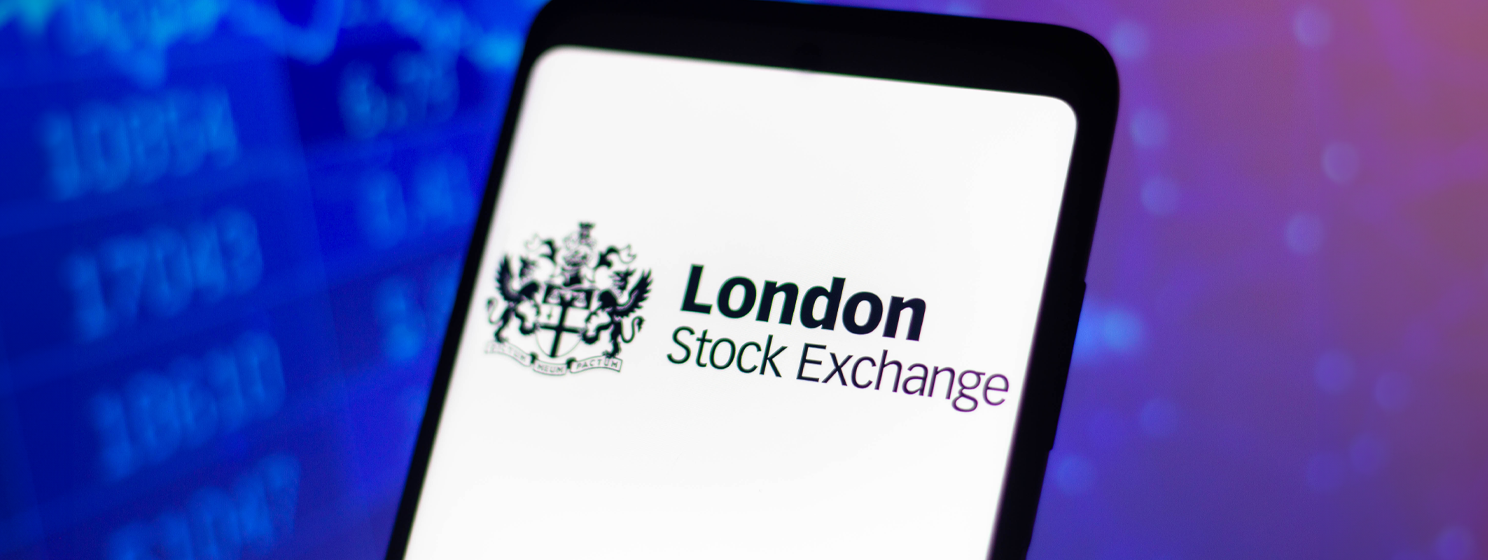|
Getting your Trinity Audio player ready...
|
Sri Lanka has become the latest country to join the digital currency revolution, appointing a committee that will study the industry and make recommendations to the government. The committee will also study blockchain technology, block reward mining, and digital banking.
The Committee was proposed by Namal Rajapaksa, the country’s Minister for Digital Technology and Enterprise Development. It will consist of five members, tasked with studying the regulatory and enterprise approaches that some countries like the United Arab Emirates (UAE), Malaysia, the Philippines, and Singapore have applied to foster thriving digital currency industries.
According to a press release shared with media outlets by the country’s director-general of government information, Sri Lanka needs to “develop an integrated system of digital banking, blockchain and cryptocurrency mining technology” if it wants to keep pace with the rapidly developing nations.
Members of the new committee will include the chair of the Sri Lankan Securities and Exchange Commission Viraj Dayaratne; CEO of the Colombo Stock Exchange Rajeeva Bandaranaike; director of payments at the Central Bank of Sri Lanka Dharmasri Kumarathunge; and political activist Milinda Rajapaksha.
Global giants PricewaterhouseCoopers (PwC) and Mastercard will be represented by Sandun Hapugoda and Sujeewa Mudalige respectively.
Sri Lanka believes that it can attract foreign direct investment by promoting the growth of these budding industries. The development will also fall in line with its national policy framework known as Vistas of Prosperity and Splendor.
“The necessity of developing an integrated system of digital banking, blockchain and cryptocurrency mining has been identified to pace on par with the global partners in the region while expanding trade to the international markets,” the government remarked.
Digital currencies have become increasingly popular in the island country, fueled by economic uncertainties. Between April 2020 and May 2021, Paxful recorded a 730% spike in peer-to-peer digital currency trading in the country.
“The average monthly volume so far in 2021 is three times what we saw in 2020,” a representative for the P2P platform revealed.
Watch: CoinGeek Zurich presentation, How Bitcoin Will Change The Future of Data and Empower Everyone

 09-18-2025
09-18-2025 





